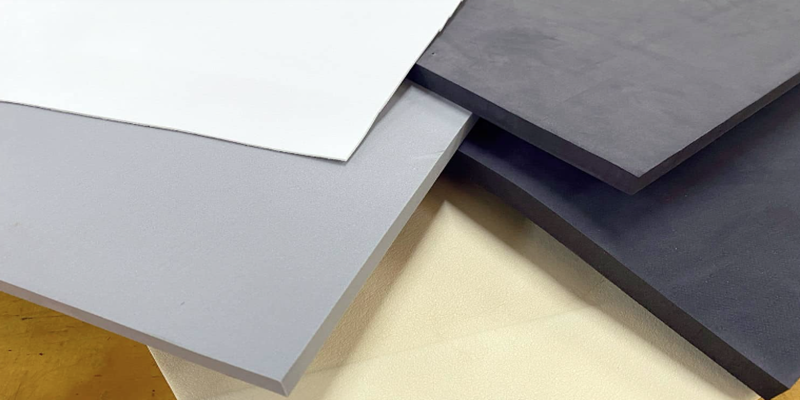Closed-cell foam is a type of polyurethane foam that is highly regarded for its unique properties, making it an ideal choice in various applications where structural integrity, energy efficiency, and water resistance are crucial. The decision to use closed-cell foam is often driven by specific needs, especially in construction and insulation projects where these attributes are of paramount importance.
One of the primary applications of closed-cell foam is in insulation. Its high density, compared to traditional materials like polyester or polyethylene fibers, offers superior thermal insulation. This makes it a preferred choice for energy-efficient buildings, where maintaining consistent indoor temperatures and reducing energy consumption are critical goals. The dense structure of closed-cell foam helps in minimizing heat transfer, thereby enhancing the overall energy efficiency of buildings.
In addition to thermal insulation, closed-cell foam is also prized for its water-resistant properties. Its closed-cell structure means that the foam is impermeable to water, making it an excellent choice for areas prone to moisture or water exposure. This feature is particularly valuable in roofing, basements, and other areas where water infiltration could lead to significant damage. By choosing closed-cell foam, builders and contractors can ensure long-lasting protection against water-related issues, thereby extending the lifespan of the structures.
Another key application of closed-cell foam is in providing structural stability. The foam’s rigidity and strength make it an ideal material for applications where additional support is needed. In construction, closed-cell foam can add to the overall strength of walls, roofs, and other structural components. This not only improves the durability of the building but also contributes to its resistance to external forces such as wind and seismic activities.
When deciding whether to choose closed-cell foam, it is essential to consider the specific requirements of the project. For projects where maximum insulation, water resistance, and structural support are needed, closed-cell foam stands out as the optimal choice. Its high density and superior properties make it a versatile material that can meet the demands of various challenging applications.
In conclusion, Closed-cell foam offers excellent advantages in terms of insulation, water resistance and structural stability, and its selection should be guided by the specific needs of the project to ensure that the advantages of this high-performance material are fully utilized. Our company uses catalysts in the production process of closed cell foam, we have rich experience and quality catalysts can serve you.
Post time: Aug-20-2024

